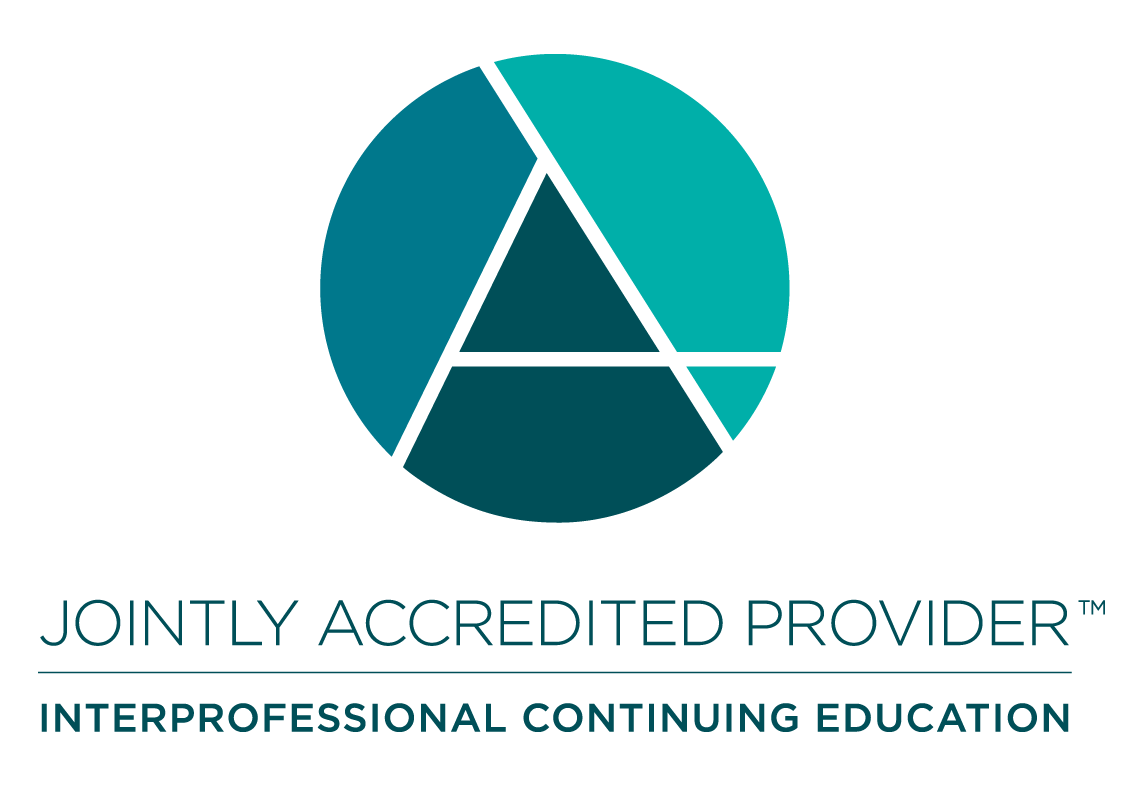University of Pittsburgh Health Sciences eLearning Environment Internet-based Studies in Education and Research
 INTRODUCTION
INTRODUCTION
 QUIZ
QUIZ
 EVALUATION
EVALUATION
 CERTIFICATE
CERTIFICATE
Credit Hours: CME 1.25
This activity is directed to physicians who take care of hospitalized children, medical students, nurse practitioners, and physician assistants working in the emergency room, intensive care unit, or hospital wards.
Upon completion of this activity, participants should be able to:
- Review the name changes that have occurred for Paroxysmal Sympathetic Hyperactivity (PSH).
- Review the current definition and symptomatology of PSH.
- Review treatment and management of PSH.
There is no educational content to this course. This course is designed to only administer the post-test and collect CME evaluations for the podcast associated with this training.
A Note From Dr. Tarchichi:
This series of podcasts were created to keep the busy physician of today informed and up to date on some of the most important diagnoses and issues we face every day in the care of hospitalized children. Please log in, complete a brief quiz, a course evaluation and get your CME credit. Thank you for listening and enjoy.
Suggested Additional Reading:
- Baguley IJ, Perkes IE, Fernandez-Ortega JF, Rabinstein AA, Dolce G, Hendricks HT; Consensus Working Group. Paroxysmal sympathetic hyperactivity after acquired brain injury: consensus on conceptual definition, nomenclature, and diagnostic criteria. J Neurotrauma. 2014 Sep 1;31(17):1515-20. doi: 10.1089/neu.2013.3301. Epub 2014 Jul 28. PMID: 24731076.
- Richard B. Carozza, Deepankar Mohanty, Michael S. Wolf, Elizabeth N. Martin, Jessica Anderson, Lindsay M. Pagano; Paroxysmal Sympathetic Hyperactivity: Development of a Pediatric Clinical Practice Guideline. Hosp Pediatr December 2023; 13 (12): e402–e410. https://doi.org/10.1542/hpeds.2023-007261
- Meyfroidt G, Baguley IJ, Menon DK. Paroxysmal sympathetic hyperactivity: the storm after acute brain injury. Lancet Neurol. 2017 Sep;16(9):721-729. doi: 10.1016/S1474-4422(17)30259-4. Erratum in: Lancet Neurol. 2018 Mar;17 (3):203. PMID: 28816118.
Joint Accreditation Statement:
In support of improving patient care, the University of Pittsburgh is jointly accredited by the Accreditation Council for Continuing Medical Education (ACCME) and the Accreditation Council for Pharmacy Education (ACPE), and the American Nurses Credentialing Center (ANCC), to provide continuing education for the healthcare team.
The University of Pittsburgh School of Medicine designates this enduring material activity for a maximum of 1.25 AMA PRA Category 1 CreditsTM.
Physicians should only claim credit commensurate with the extent of their participation in the activity.
Other health care professionals will receive a certificate of attendance confirming the number of contact hours commensurate with the extent of participation in this activity.
No other members of the planning committee, speakers, presenters, authors, content reviewers and/or anyone else in a position to control the content of this education activity have relevant financial relationships with any companies whose primary business is producing, marketing, selling, re-selling, or distributing healthcare products used by or on patients.
No relationships with industry relevant to the content of this educational activity have been disclosed.
Dr. Tarchichi has disclosed he was a member of the Advisory board member for Meningococcal Vaccination in Immunocompromised Pediatric Patients Advisory Board - Sanofi Inc.
This activity is approved for AMA PRA Category 1 Credit™
The University of Pittsburgh is an affirmative action, equal opportunity institution.